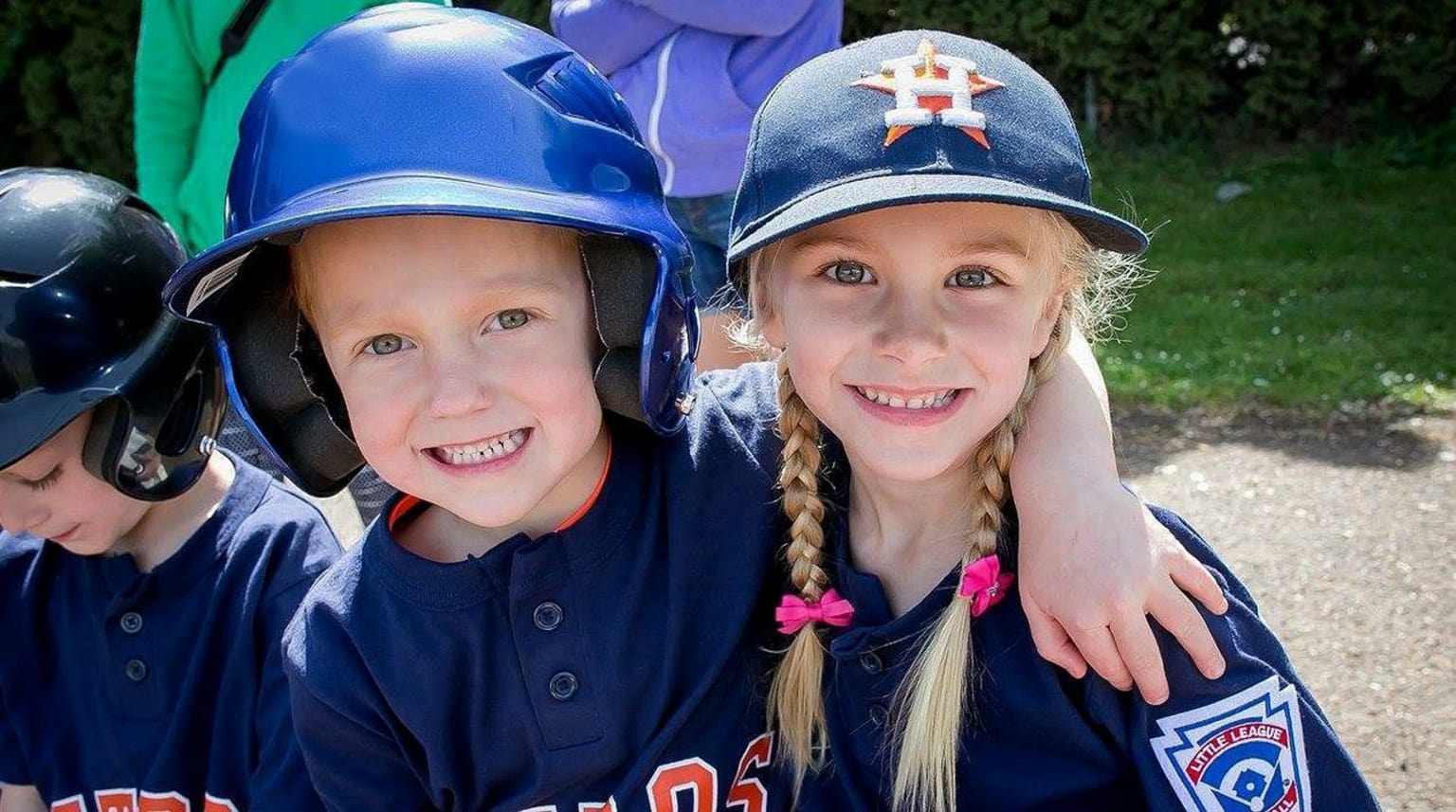
There are few things more exciting than your children’s Little League® experience. As a parent, your emotions may run from anxiety to pride, from frustration over your child’s performance to wondering how you will ever keep up with his or her insatiable appetite for the game. You may even experience all of this in one season, and you almost certainly will over the course of your family’s long participation in Little League.
Various challenges and opportunities present themselves throughout your children’s development as players and people, so here are some guidelines by age group as to what to expect from your children. Little League structures its divisions of play to allow for flexibility for families and leagues to make sure players are playing with their peers and friends in the best division for their individual skillset for them to have a fun on-field experience.
Romantic Stage (Tee Ball, Coach Pitch, Minor League)
This is the beginning, for many Little Leaguers®, ages 4 to 8. The goal and expectation should be for your child to fall in love with baseball or softball, where they can’t wait to get to the diamond for practices and games. To make that happen, the experience must be fun.
There should be no pressure to perform and every opportunity to learn, grow, socialize with teammates, and acquire basic understanding of the game, and its rules and techniques. Coaches and parents should exercise extreme patience with all skill levels, and, as at all ages, parents should be primarily concerned with their children learning life lessons, such as the values of determination, persistence, staying open to learning, and managing emotions around any frustration your children may feel around their skill sets.
In the early years of your child’s baseball or softball experience, it is more important to look for a coach who makes the sport fun and gives lots of encouragement, rather than possessing a high degree of technical expertise.
Technical Stage (Minor League, Major League)
In the technical stage, generally Little League ages 8 to 10, you should see much the same as in the romantic stage, but after age 8, skill sets are more differentiated across players in a given division. In fact, the reason the romantic stage is so important is that continued fun, love of the game, and great relationships with teammates and coaches can keep lesser-skilled players involved.
That way, youth can continue to benefit from the healthy lifestyle, life lessons, and other socialization aspects of Little League and still have the chance to improve performance as they get more technical coaching and physically grow into their bodies. From age 8 onward, it is usually quite clear who the more talented players are, which can discourage the less talented unless they receive ample support, encouragement and attention from coaches who can help them improve skills and gain confidence.
Because your children will inevitably struggle with skills and may perceive themselves as “lesser” or “behind” the better players, it is critical that parents help their children process these experiences. Parents and coaches together can teach kids that in baseball/softball as in life, it is best to compare themselves to their best-possible selves in terms of effort, learning, and commitment…values that will serve them well in life far beyond the diamond.
Mature Stage (Major League, Intermediate Division, Junior League, Senior League)
The mature stage, from a Little League perspective, can arrive any time around age 10 or after. Here the player ideally is self-motivated to improve and refine skills. Competitive juices flow more freely, which coaches and parents may encourage and direct toward a sense of Honoring the Game and applying competitive drive beyond the field into school and other endeavors.
Fun and unconditional love from parents still matter, maybe even more given the pressures that mature-stage athletes put upon themselves to perform. The good news is that youth who reach the mature stage, most often do so because of all the fun, love, and support they have experienced from their coaches and parents in earlier years.
The above references are drawn from “Developing Talent in Young People” by Benjamin Bloom and other studies that underpin the research-based workshops for parents that Positive Coaching Alliance presents throughout the U.S., alluding to three stages of development: romantic, technical, and mature.
Additional free resources from PCA are available at http://devzone.positivecoach.org. For more insight on sports parenting, subscribe to PCA’s Sports Parent Conversation Starters, a weekly e-mail series with advice on talking to your children about their youth sports experiences. You can access a free, quick online Second-Goal Parent course at http://www.littleleague.org/pca.htm.
Submitted by David Jacobson, Positive Coaching Alliance